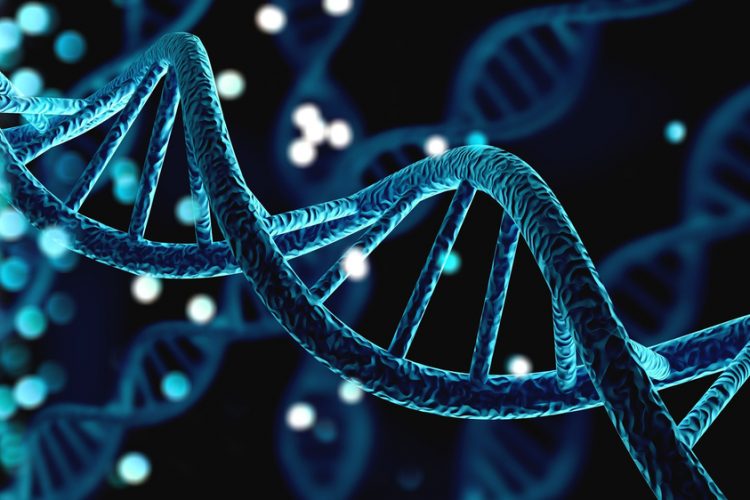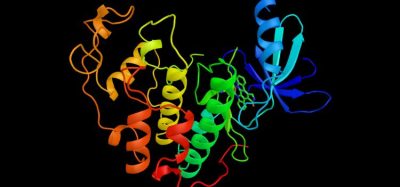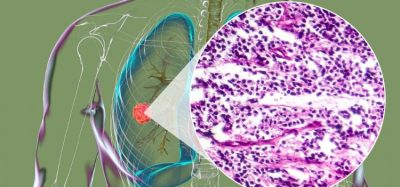UK to revolutionise oligonucleotide medicines manufacturing
Posted: 10 February 2021 | Hannah Balfour (European Pharmaceutical Review) | No comments yet
Collaborators on Grand Challenge 3 will utilise their combined expertise to transform the oligonucleotide supply chain.


The Medicines Manufacturing Innovation Centre will collaborate with AstraZeneca, Exactmer, Novartis and UK Research and Innovation (UKRI) to develop a scalable, sustainable and more cost-effective oligonucleotide manufacturing process. Known as Grand Challenge 3, the project is one of a series of ‘Grand Challenges’ being explored in the Medicines Manufacturing Innovation Centre, designed to tackle industrial hurdles currently limiting pharmaceutical manufacturing.
The collaborators intend to make the UK the first country in the world to deliver this pioneering production process at a large scale, with Inclisiran, a small interfering RNA used in the treatment of atherosclerotic cardiovascular disease (ASCVD), the first medicine produced at scale because of the work.
Oligonucleotide medicines are an exciting new class of next-generation therapeutics which interfere with gene expression and have thus far shown promise as treatments for rare diseases. While their utility is currently being explored in chronic diseases, affecting much larger patient populations, their value is limited by inefficiencies inherent in the existing manufacturing process.
With numerous prospective candidates already in development and clinical trials, a cost-effective, sustainable and scalable manufacturing method is required to meet current and future manufacturing needs. One drug that could benefit is Novartis’ Inclisiran, as well as AstraZeneca’s pipeline of oligonucleotide-based drug candidates.
According to a statement, the collaborators will utilise their combined expertise across scale-up, analytics and process development with the goal of transforming the oligonucleotide supply chain.
The first phase of the project will focus on the development of scale-up strategies for liquid phase processes. The first year will be a proof-of-concept programme led by Exactmer, exploiting its Nanostar Sieving technology and based in its facilities in Dagenham, London. In this phase, the collaborators will also work to enhance the efficiency and yield of the manufacturing process and reduce the consumption of acetonitrile, a critical raw material which has supply chain issues that challenge the feasibility of large-scale manufacturing of oligonucleotides.
The large-scale phases later in the process will take place at the Medicines Manufacturing Innovation Centre in Renfrewshire, Scotland. The project is expected to span three years, with the final output being the demonstration of the commercial feasibility of manufacturing large-scale oligonucleotide batches using these improved methods.
Life Science’s Champion, Professor Sir John Bell, commented: “The technical challenges which this collaboration are setting out to address will, if met, be transformative. The ability to produce next-generation oligonucleotide based-medicines at scale creates enormous potential to treat a wide range of common diseases, as well as cardiovascular disease where Inclisiran clearly has a role. I am delighted to see this historic collaboration of industry and government launch here in the UK.”
Dave Tudor, Managing Director of the Medicines Manufacturing Innovation Centre, added: “This project is aptly named a ‘Grand Challenge’; not only is it a big project in terms of the challenges associated with developing it, but also as a result of its enormous potential impact on the healthcare sector. We are excited to be leading this project. The establishment of an improved large-scale oligonucleotide manufacturing method will help people for years to come.”
Related topics
Related organisations
AstraZeneca, Exactmer, Medicines Manufacturing Innovation Centre, Novartis, UK Research and Innovation (UKRI)









